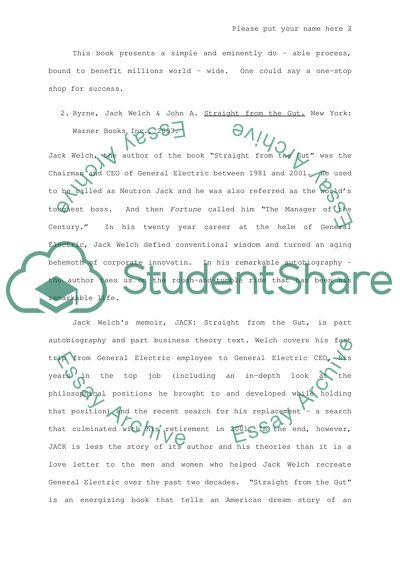Cite this document
(“Management & organisation behaviour Essay Example | Topics and Well Written Essays - 2500 words”, n.d.)
Retrieved from https://studentshare.org/miscellaneous/1505210-management-organisation-behaviour
Retrieved from https://studentshare.org/miscellaneous/1505210-management-organisation-behaviour
(Management & Organisation Behaviour Essay Example | Topics and Well Written Essays - 2500 Words)
https://studentshare.org/miscellaneous/1505210-management-organisation-behaviour.
https://studentshare.org/miscellaneous/1505210-management-organisation-behaviour.
“Management & Organisation Behaviour Essay Example | Topics and Well Written Essays - 2500 Words”, n.d. https://studentshare.org/miscellaneous/1505210-management-organisation-behaviour.


